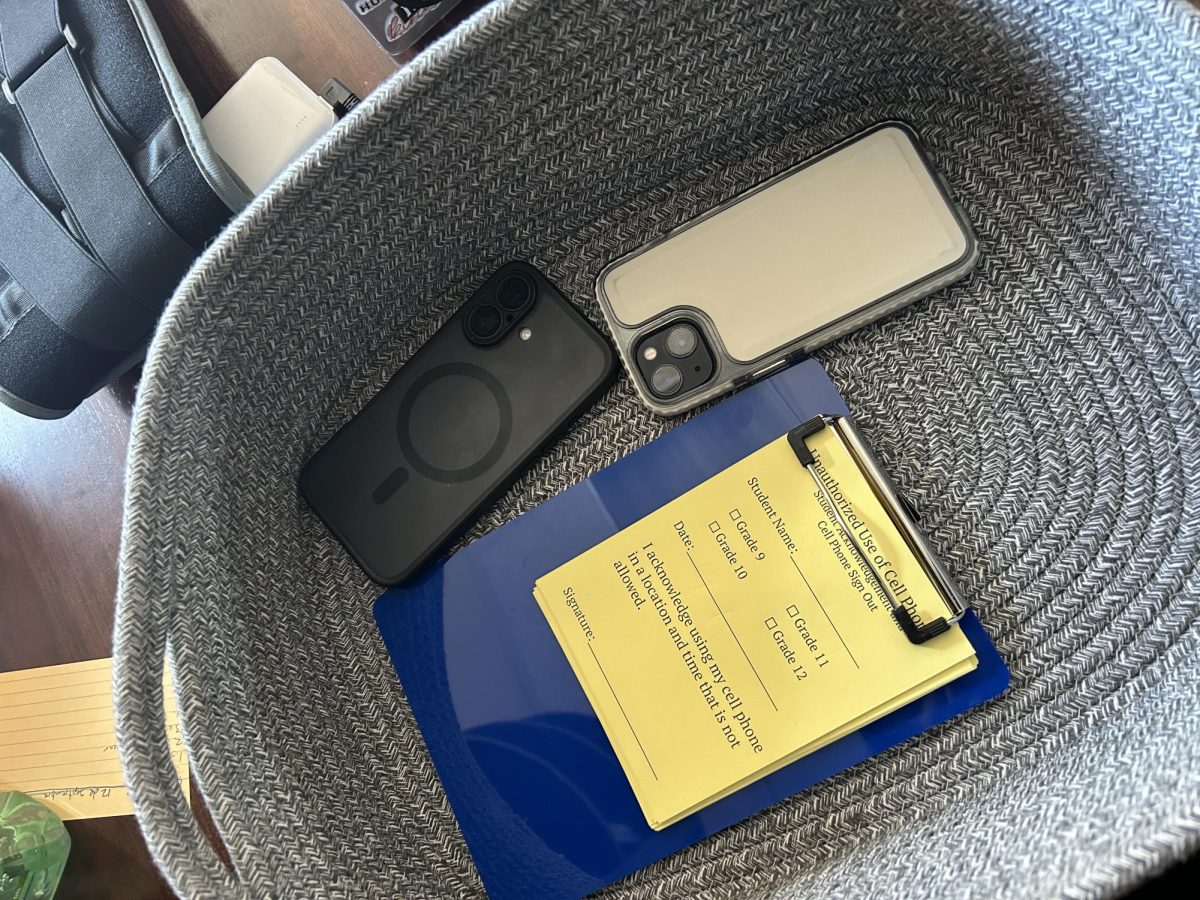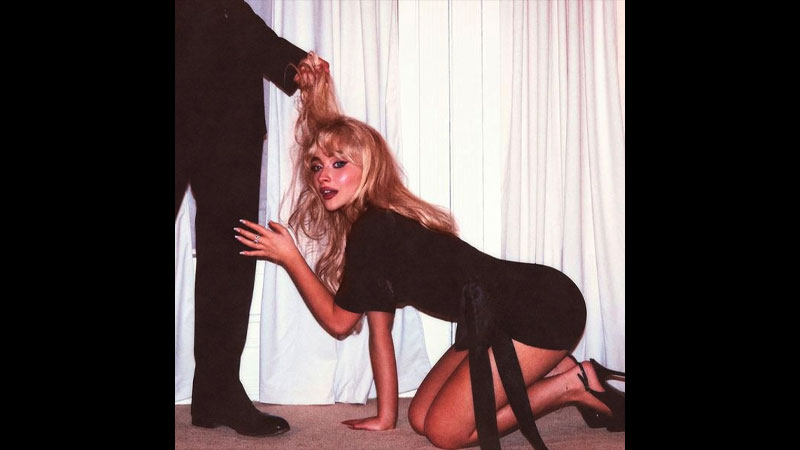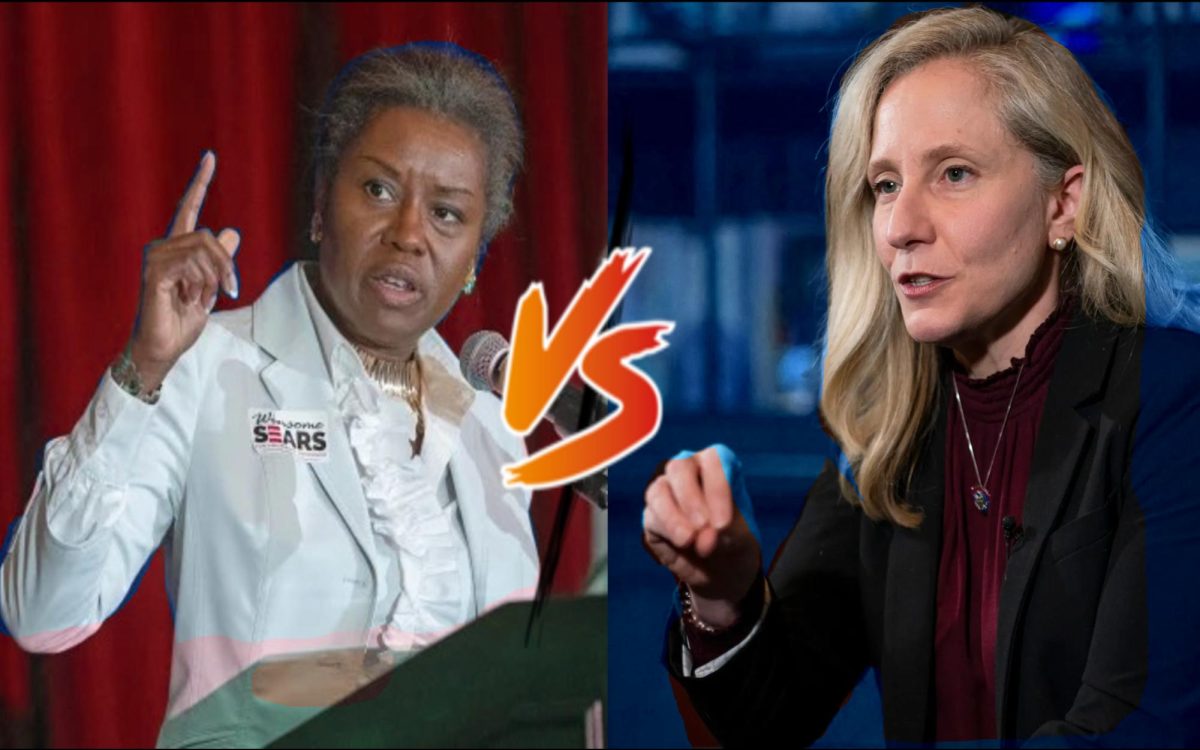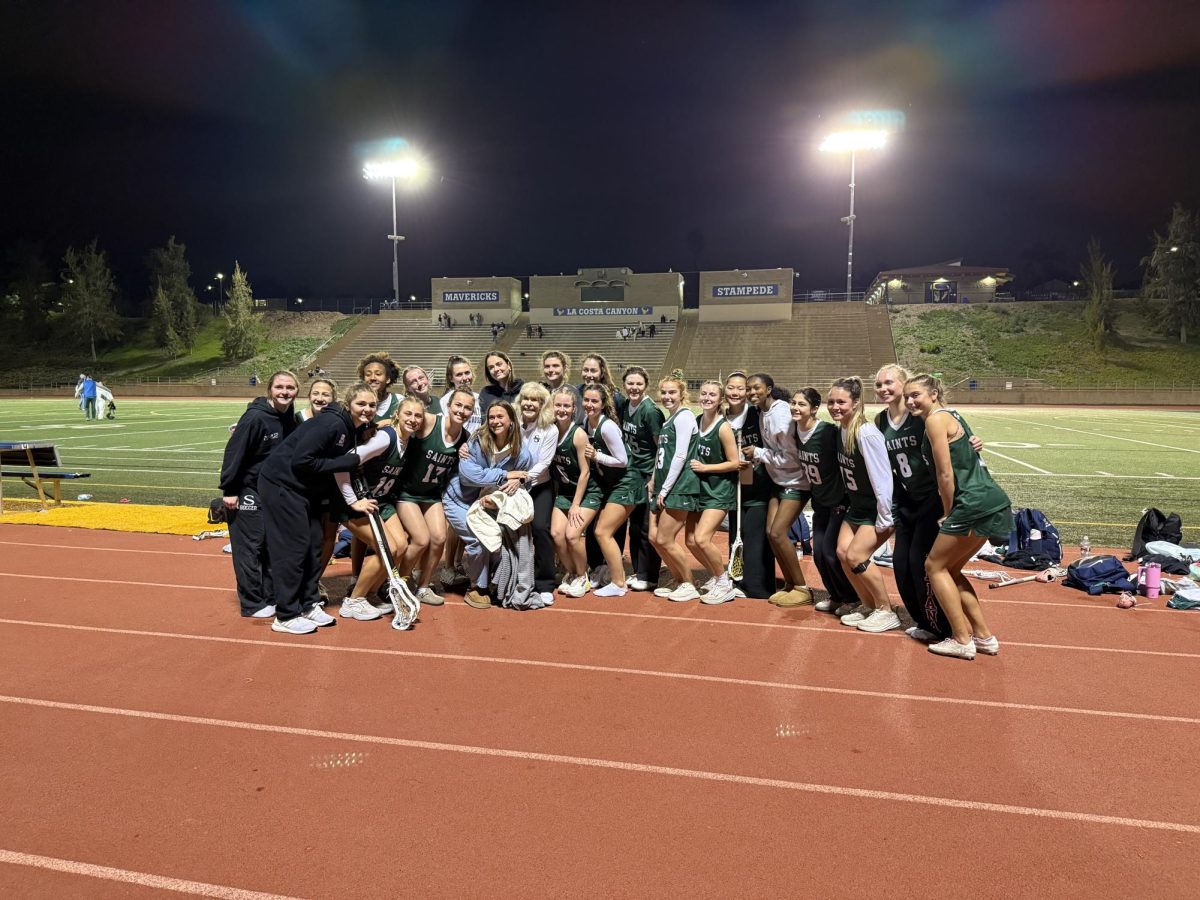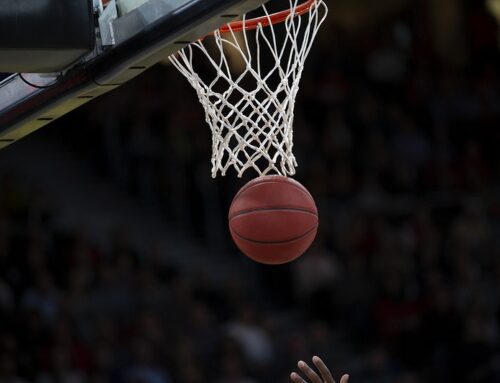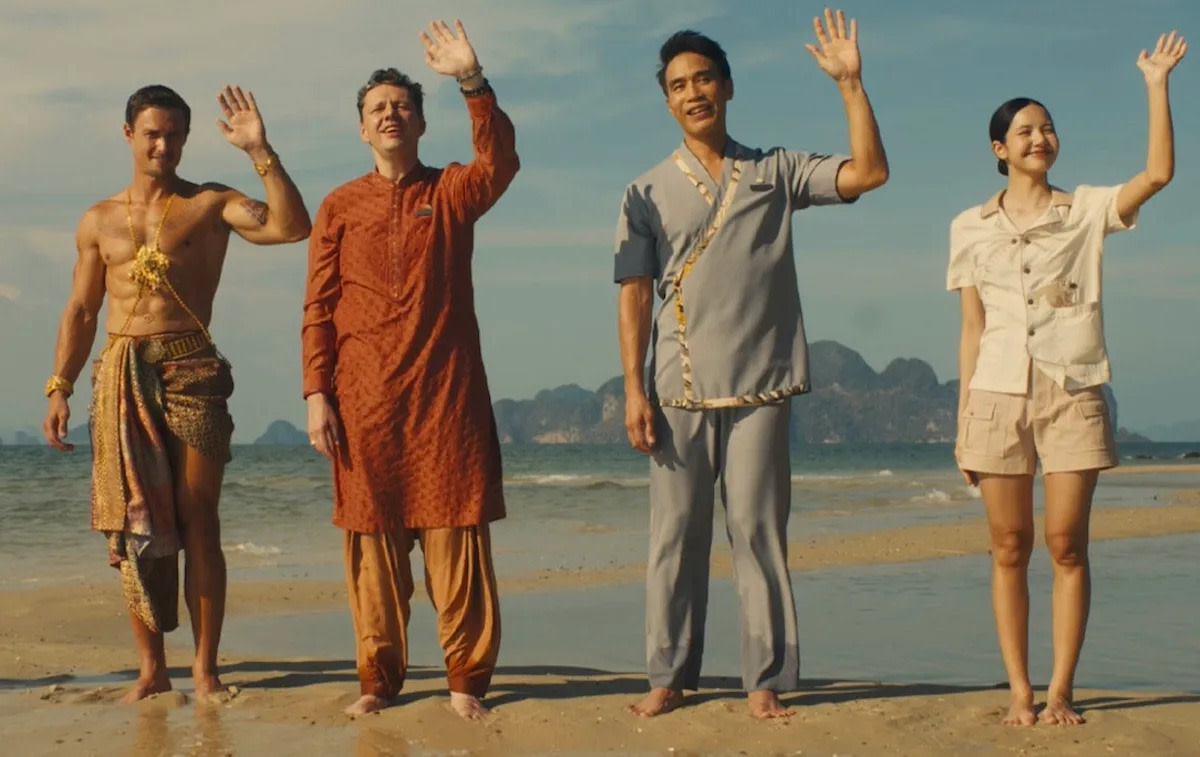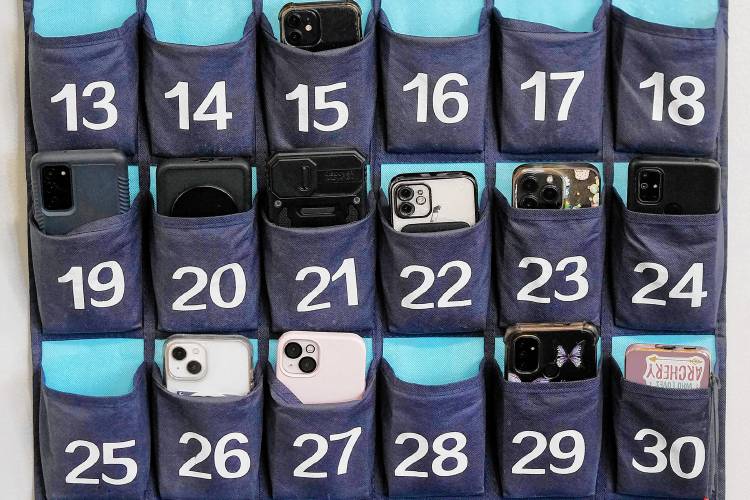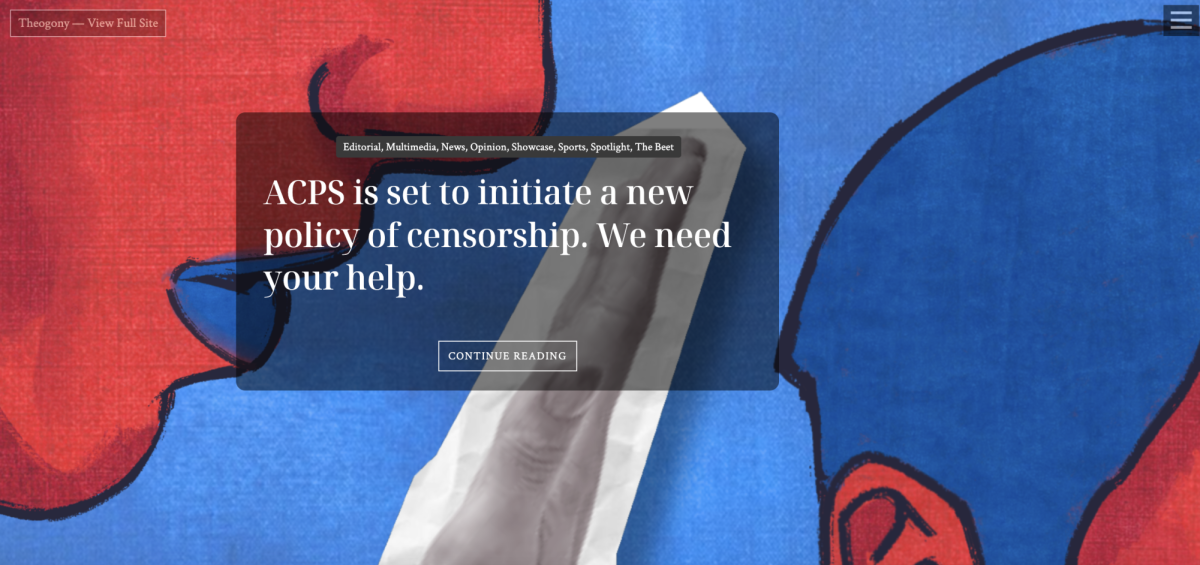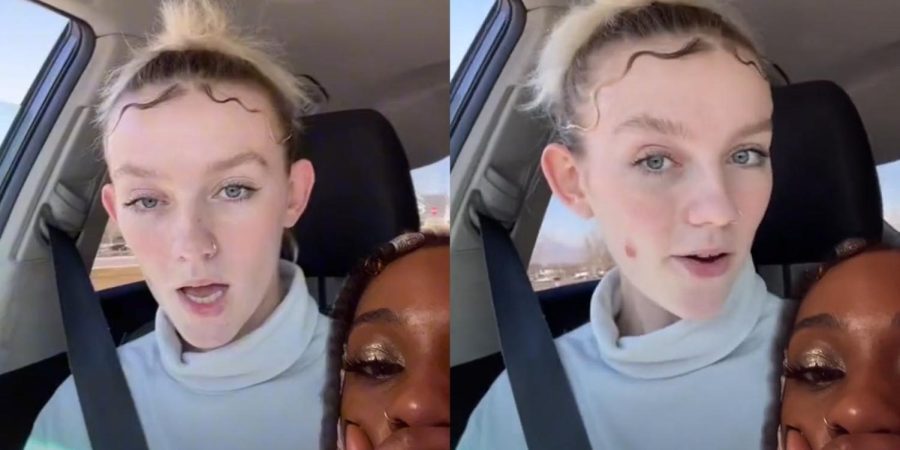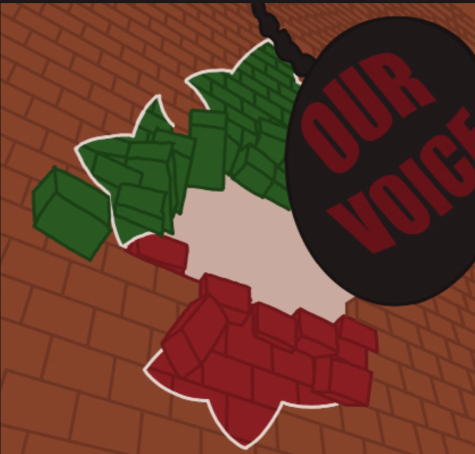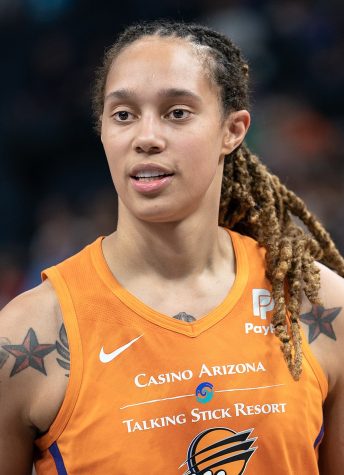Opinion: Spare Our Hair Care
This article is an op-ed published as part of The Voice’s “Controversial Issue” 2023. Please see the Editor’s Note on this year’s edition.
Here we go again. From hair to skin and even language, the theft of Black women’s culture seems to be a never ending cycle. White celebrities and influencers are often caught showcasing elements of Black culture and rebranding them, taking all of the credit without ever acknowledging the Black community.
In 2022 on TikTok, a new trend called the “Clean Girl Aesthetic” began to dominate the social media landscape. The “Clean Girl” look featured a White girl wearing slicked-back hair, a glossy lip, and gold hoop earrings. Even though this “Clean Girl” look became a trend in 2022, there is simply nothing original about it. The so-called “new trend” has been a classic look worn by Black women for generations before it came to TikTok. For years, Eurocentric beauty standards have deemed slicked-back hair and gold hoops as “ghetto,” “trashy,” and “dirty” when worn by Black women. Now, all of a sudden, when White women copy this look, they are seen as “clean” and “effortlessly gorgeous.” Where was all of the praise for the Black women who have dominated this style for years?
Another trend that emerged in 2022 was “sticky bangs.” A TikTok posted by White TikTok user Doonigalli claimed to have discovered what has already been known as laid edges. She then proceeded to say, “I decided I am going to make them a trend. I’m going to call it sticky bangs. So If you want a tutorial just let me know.” Laying your edges is laying the hair in the front of your head or your baby hairs with gel into swoops. The history of layering edges dates back to the early 1920s, a time where Black people and their features, including kinky hair, were seen as inferior. The style exemplifies the creativity and strength of Black women during a time when they didn’t have widespread access to resources for their hair. Laying edges is not only a method for slicking back baby hairs, but also an element of Black culture. Therefore, we don’t understand why a White woman suddenly wants to claim something that was created by Black women for Black women. And no, we don’t need a tutorial.
Doonigalli later deleted the post and apologized for her actions in a video where she said that it was just her “being dumb in the moment” and that it was “literally a joke.” A joke? Cultural appropriation is not a joke. Some people oppose this, saying things like, “How can a culture own a hairstyle?” or “It’s literally just hair.” Even though the intentions of White women appropriating hairstyles may not be spiteful, these comments and lackluster apology videos show the ignorance towards the reality of people of color. It makes Black women’s blood boil to see White influencers steal elements of Black culture, take credit for them and then throw them away after the trend has died out. Black culture is not your trend—stop treating it as one.
Celebrities are also frequently guilty of cultural appropriation—some of your favorite celebs may have been caught appropriating Black culture’s hair, accent, style and/or accessories. For example, there’s Kim Kardashian: Kim K has been caught in numerous scandals revolving around cultural appropriation of the Black community. Of course, most of these scandals have not come to light, due to the lack of acknowledgement of the Black community in social media. This is because their voices and accounts on social media aren’t as popular as White people’s. Kim Kardashian has appropriated Black culture in many ways, specifically blackfishing. If you are unfamiliar with the term, blackfishing is when White influencers do historically Black things to get a following on social media. She has been seen over tanning and having the historically Black hairstyle “cornrows,” along with other instances of her appropriating Black culture.
Some might say Kim is trying out different cultures to reach different audiences. In hindsight, that may be a smart strategy in terms of business, but just because it could be a business strategy doesn’t make it any less offensive. A user on Twitter tweeted, “I feel so sorry for people of color who come online and have to see people like Kim Kardashian and co just doing casual blackface. Kardashians keep culture appropriating, then give a half a** apology then move on to their next money making scandal.” Celebrities using different styles to connect with different groups as a method of growing their platforms would be a great way to gain more fame in theory, but in reality, it’s just cultural appropriation.
The reason why this is so harmful is because it underscored the Eurocentric beauty standard that says Black women’s features are only acceptable on White women. When Black girls have cornrows in their hair, they receive confused looks and questions about their hairstyle. On the other hand, when White girls decide to get their hair braided into cornrows, most people (majority White) are in awe of the “new hairstyle” and praise them for being a “stylish innovator.” Little do they know when Black people braid their hair in a traditionally cultural braided style, they get ridiculed for their look. Celebrities are teaching young girls that cultural appropriation is okay. They teach that it’s okay to appropriate another’s culture without understanding the years of hardship that came with it. No, it is not.
You might be thinking, “If it’s not okay for White girls to wear cornrows, then why is it okay for Black girls to straighten their hair? Wouldn’t that also be cultural appropriation?” Well, when Black women straighten their hair, it is not for the purpose of inappropriately adopting another culture. It is for survival. According to Forbes, Black women who wear natural hairstyles are perceived to be less professional, less put together, and less likely to get recommended for a job interview.
Recently, TikToker Alix Earle advertised the “Mielle Rosemary and Mint Scalp Strengthening Oil” as one of her favorite products of 2022. This subsequently caused it to sell out everywhere because her majority White female audience bought it in bulk. However, many of the TikTok videos of these White women reviewing this oil said it “smelt” or “made their hair greasy” and this outraged Black women online. Mielle is one of the few hair care brands that primarily focuses on Black hair care and is used by many Black women. There was concern that Mielle would change their formulas to now cater to a White audience. A similar instance happened with Shea Moisture, who changed their formula once their hair care line gained popularity and extended outside of the Black community.
The most outrageous part of this has become how White women review these products. Many of them would wash the products out after they used them, claiming they did nothing but make their hair look greasy and smell. This is because their hair cannot use thick heavy oils that type 3 and type 4 hair use. Type 3 and 4 hair is more tightly coiled than straight hair or wavy hair. It can be harder to manage than those hair types and more often than not, people with type 3 and 4 hair are Black.
White women have slowly started to copy Black women with hair. Trends online include White women claiming as a kid they had “curly hair” but straightened it throughout their teen years and now they want to “unlock their curly hair potential.” These women border on delusional trying to prove they have curly hair. At most, they have a slight wave. They come up with obscure methods of doing their hair. One such example is the bowl method, where they dunk their hair in a bowl of conditioner and water to create curls. Other White women use a Denman Brush to create some sort of ringlet that barely holds in their head, then use a diffuser to try and force their hair into a type 3 curl. No matter how much White women try, they can never achieve the look Black women have with their curls.
Overall, the amount of cultural appropriation present is sickening. Whether you’re looking at the news, scrolling through social media, or walking down the street, cultural appropriation is constant, and it needs to be stopped. Immediately.

Jordin is a senior in her final year at The Voice. She is the social media editor, and she enjoys music, entertainment, and hanging out with friends. She...

Jordon is a senior who is excited to start her third year on The Voice. She enjoys warm weather, watching sports, and hanging...

Tatum is a senior at St. Stephen’s & St. Agnes, and this is her fourth and final year in the Journalism class at SSSAS. She is passionate about writing,...

